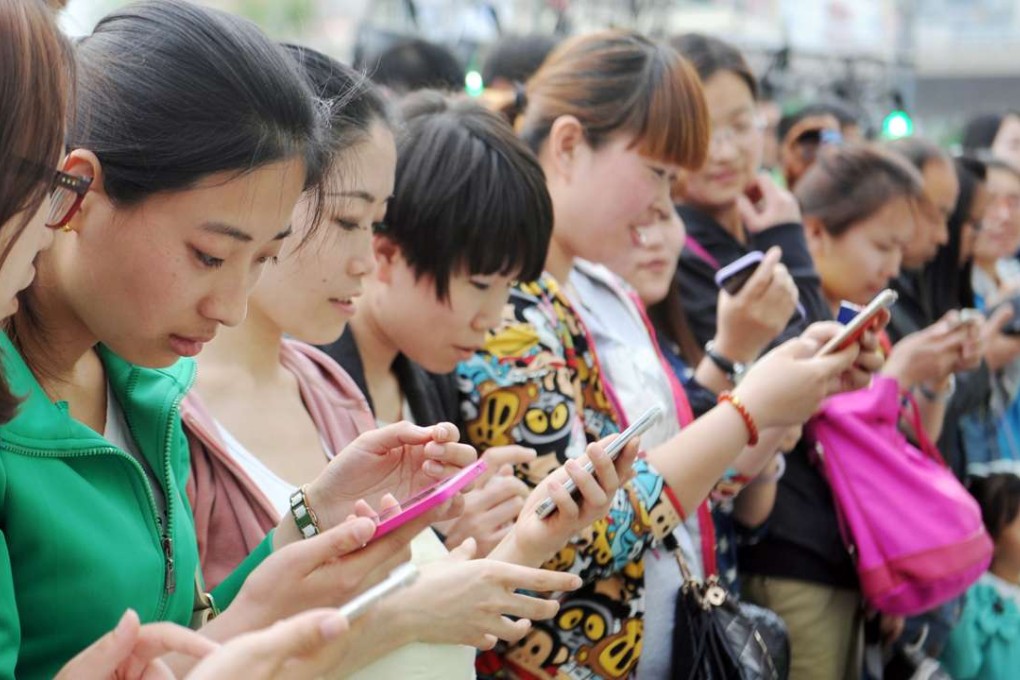Alibaba to overtake Baidu to lead China’s digital advertising market
Alibaba digital ad revenue expected to be US$12.05b in 2016, within a national spend of US$41.66b

E-commerce juggernaut Alibaba will top China’s digital advertising market in 2016, surpassing current leader Baidu amid tighter internet advertising regulations which will likely put a dent in overall revenues.
Alibaba’s “robust” mobile advertising growth is forecast to boost the company’s digital advertising revenues, according a report from eMarketer, the New York-based research company.
It estimates Alibaba will take a 28.9 per cent share of China’s digital advertising revenue in 2016, compared with 24.8 per cent the previous year, and predicts Albaba’s share of revenue to be US$12.05 billion, within a national spend of US$41.66 billion.
Baidu, the market leader last year with a 28 per cent share, is expected to see its revenue grow 0.3 per cent to US$8.87 billion, giving it a 21.3 per cent of the market.
Baidu’s challenging past few months are blamed partly on the high-profile death of a student suffering from cancer who tried an experimental cancer therapy he found advertised on Baidu. Baidu has come under fire for allegedly selling listings to bidders without adequately checking their claims.
Tighter internet advertising regulations issued that came into effect at the start of September by the Chinese government in a wake of the incident are expected to have an adverse impact on Baidu, said eMarketer analyst Shelleen Shum.
They now require internet advertising to be clearly marked as such, with risk warnings attached to paid results. Search engine advertising should also only take up 30 per cent of the results shown on a page.
